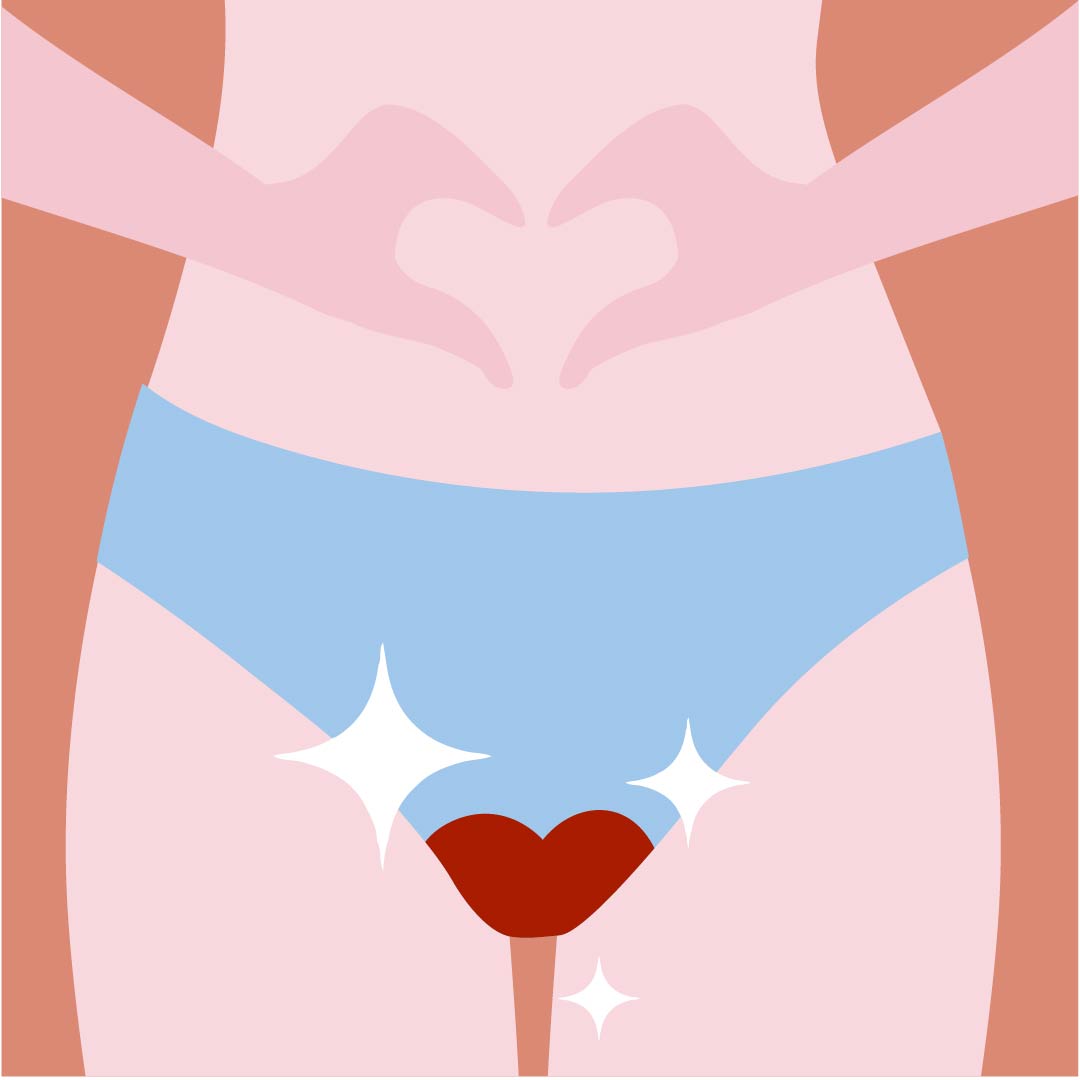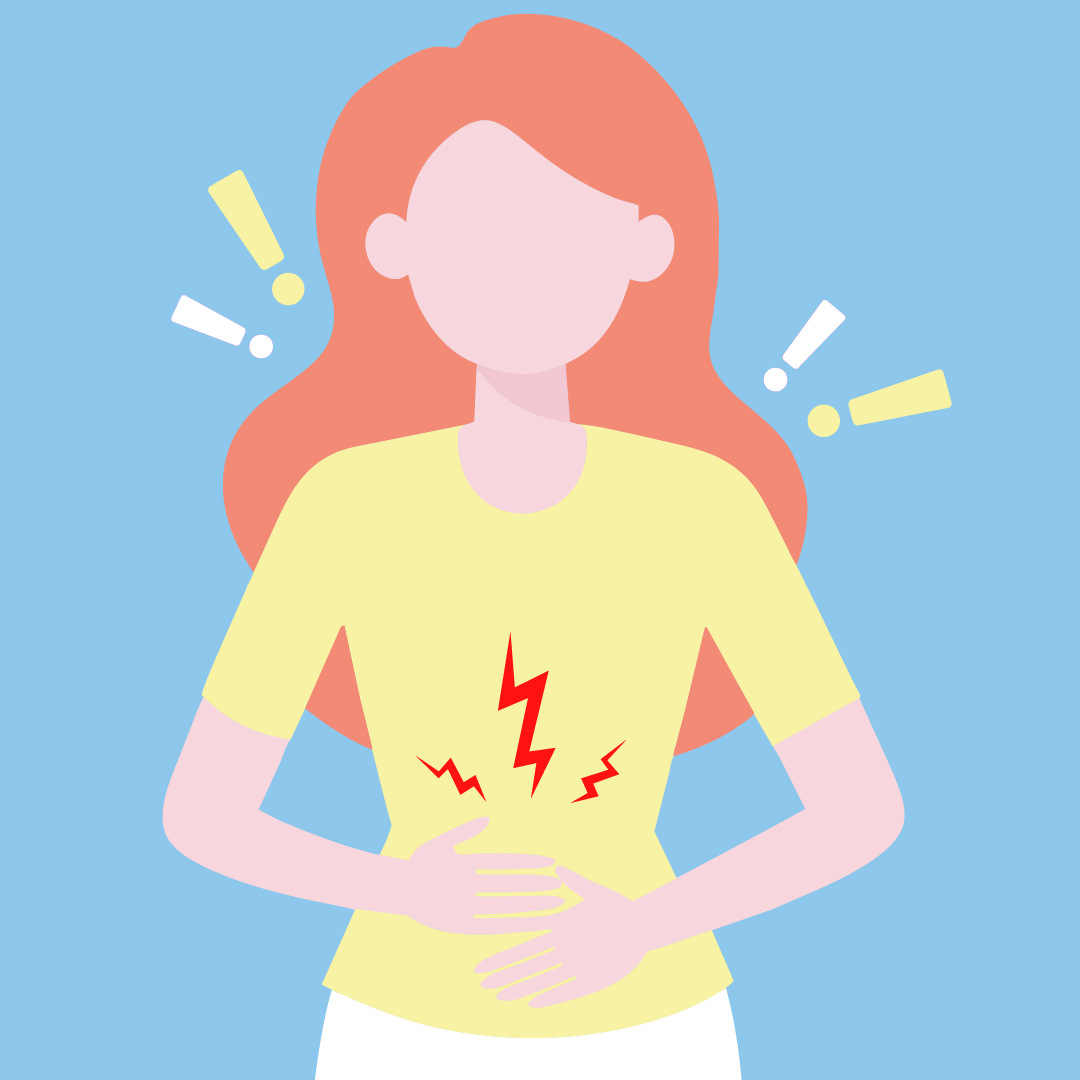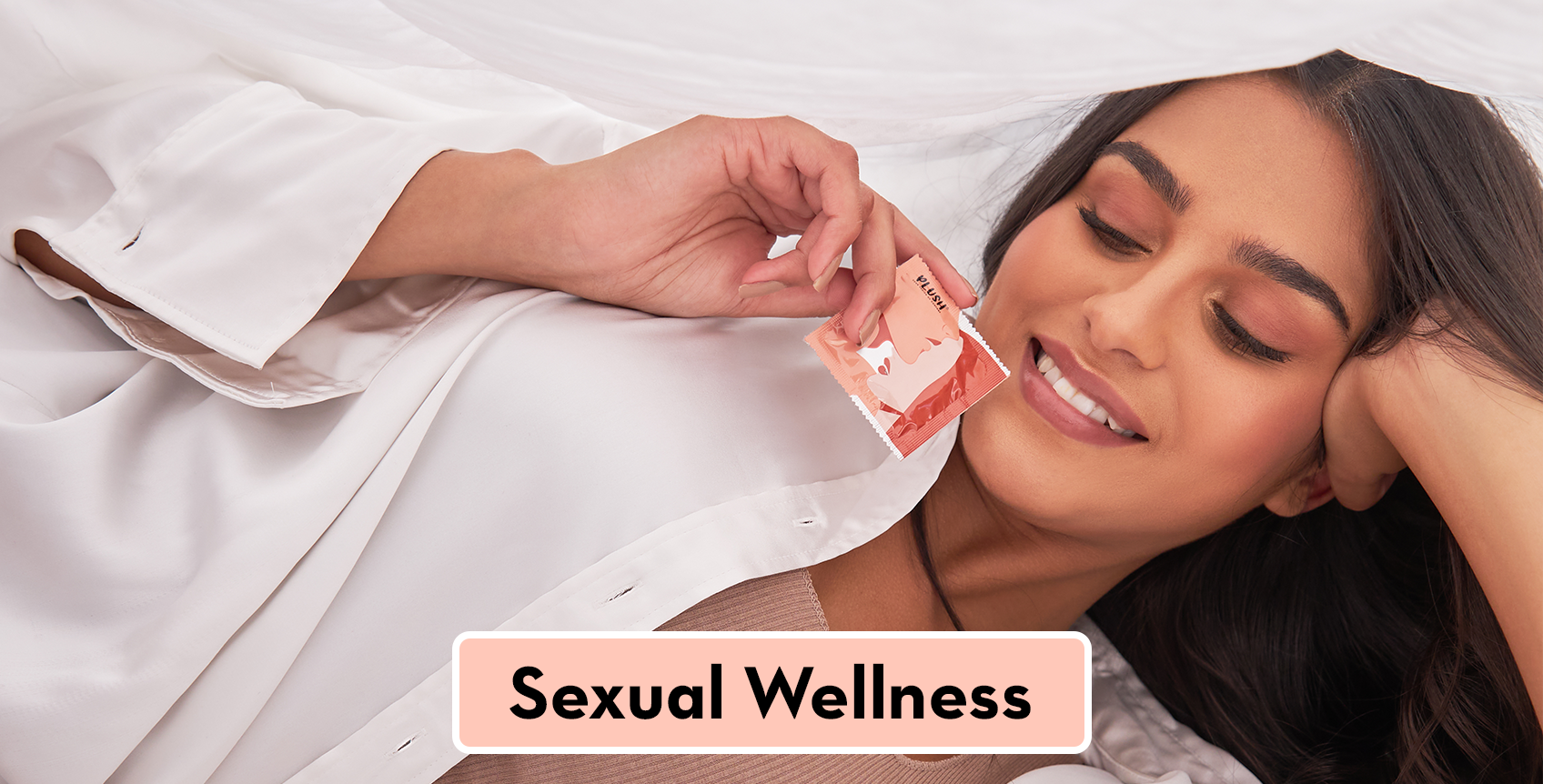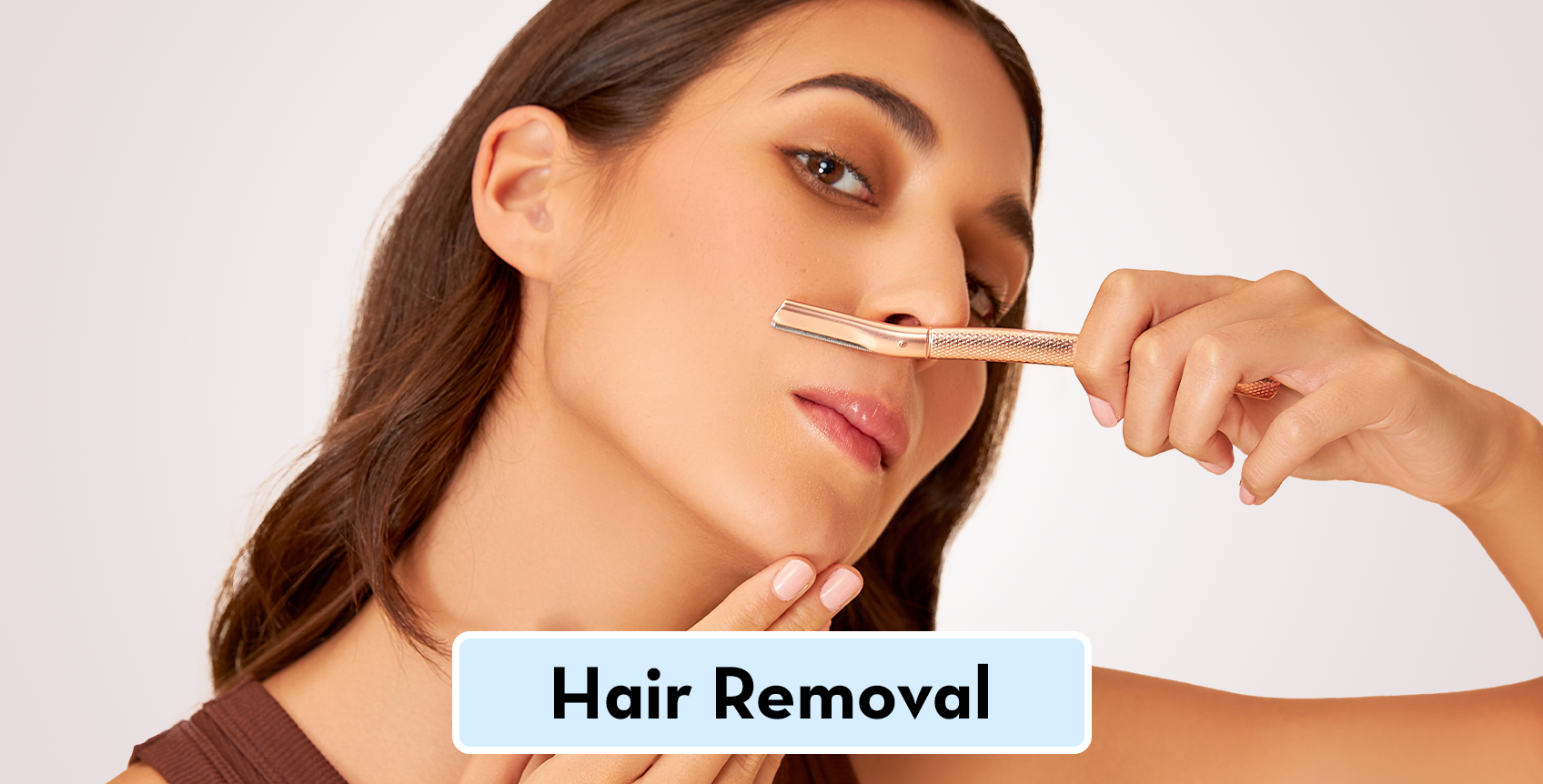Menopause and the End of Periods: What to Expect
 Menopause, which marks the end of a woman's reproductive years, is an important life milestone. It's a natural biological process, but it can bring about a variety of physical and emotional changes. Understanding what to expect during this transition and how to manage its symptoms is important for navigating this phase of life with grace and ease.
Menopause, which marks the end of a woman's reproductive years, is an important life milestone. It's a natural biological process, but it can bring about a variety of physical and emotional changes. Understanding what to expect during this transition and how to manage its symptoms is important for navigating this phase of life with grace and ease.
Understanding Menopause:
Menopause is a natural biological process that normally occurs between the ages of 45 and 55, happening after 12 consecutive months without a menstrual period. It marks the end of menstruation and fertility, as the ovaries stop producing eggs and hormone levels decrease. Common symptoms include hot flashes, mood changes, and sleep problems. Menopause can be managed with lifestyle changes and medical treatments. Let’s understand menopause in detail:
Stages of Menopause:
Menopause doesn't happen overnight; it's a process that unfolds over several years and is divided into three stages:
Perimenopause: This stage usually begins in a woman's 40s but can start earlier for some. During perimenopause, hormone levels fluctuate, leading to irregular menstrual cycles and symptoms such as hot flashes, night sweats, mood swings, and sleep disturbances. It's common for women to experience these symptoms for several years before reaching menopause.
Menopause: A woman is officially confirmed to have menopause after she has missed her periods for a full year. At this point, the ovaries have stopped releasing eggs, and estrogen and progesterone levels remain consistently low. While some symptoms may continue, such as hot flashes and vaginal dryness, others, like irregular periods, come to an end.
Postmenopause: A woman experiences postmenopause during the remaining years of her life, starting after menopause.During this stage, most menopausal symptoms diminish, although some, like vaginal dryness and bone loss, may persist. It's essential for women to continue prioritizing their health and well-being during this phase, as hormonal changes can increase the risk of certain health conditions such as heart disease and osteoporosis.
Managing Menopausal Symptoms:
While menopause is a natural process, the symptoms it brings can significantly impact a woman's quality of life. Fortunately, there are various strategies and treatments available to help manage these symptoms:
Lifestyle Changes: Simple lifestyle modifications can often prevent many menopausal symptoms. Maintaining a healthy weight and general well-being can be improved by eating a balanced diet full of fruits, vegetables, whole grains, and lean proteins. Regular exercise, such as walking, swimming, or yoga, can reduce hot flashes, improve mood, and promote better sleep.
Hormone Therapy: Hormone therapy, also known as hormone replacement therapy (HRT), involves taking estrogen or estrogen combined with progesterone to replace the hormones no longer produced by the ovaries. HRT can effectively relieve hot flashes, vaginal dryness, and other symptoms of menopause. However, it's not suitable for everyone and may carry risks, so it's important to discuss the possible benefits and risks with a healthcare provider.
Alternative Therapies: Many women find relief from menopausal symptoms through alternative therapies such as acupuncture, herbal supplements, and mind-body practices like meditation and deep breathing exercises. While research on the effectiveness of these approaches varies, some women report significant improvement in their symptoms.
Support and Education: Taking help from friends, family, or support groups can make a significant difference in navigating the challenges of menopause. Sharing experiences, advice, and coping strategies with others going through similar experiences can provide validation and encouragement.
In Nutshell:

Every woman will eventually go through menopause, but it doesn't have to be a scary or upsetting experience. By understanding the stages of menopause, recognizing the symptoms, and exploring various management options, women can transition through this phase with confidence and grace. Whether through lifestyle changes, hormone therapy, alternative therapies, or a combination of approaches, there are resources available to help women.
Embrace this new chapter of life with an open heart.
Leave a Message
This site is protected by reCAPTCHA and the Google Privacy Policy & Terms of Service apply.





